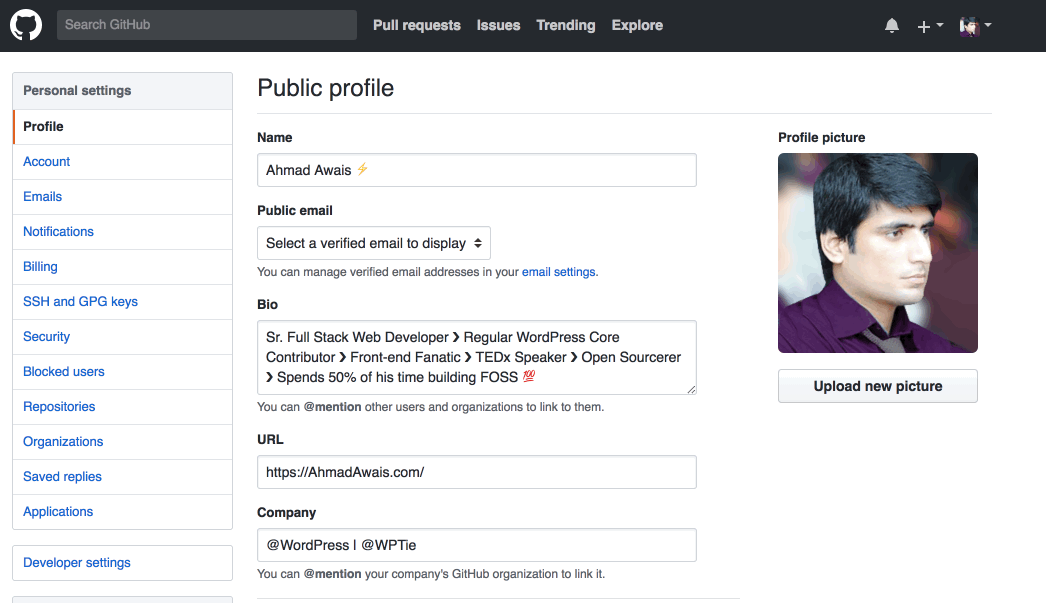When I create a new repository in a Github organization, all the organization owners get automatically subscribed to that repository's notification.
I'm going to be making a lot of repositories for archival purposes. I would like to turn auto subscribe off, not just for me but for everyone in the org. I would also like to avoid sending out the initial "you have been automatically subscribed" email. I can't find anything in the Github API or organization settings to do this.
Hey there, we're just writing to let you know that you've been automatically subscribed to a repository on GitHub.
gitpan-test/Acme-LookOfDisapproval created by gitpan-test-account
Read-only release history for Acme-LookOfDisapproval
https://github.com/gitpan-test/Acme-LookOfDisapproval
You'll receive notifications for all issues, pull requests, and comments that happen inside the repository. If you would like to stop watching this repository, you can manage your settings here:
https://github.com/gitpan-test/Acme-LookOfDisapproval/subscription
You can unwatch this repository immediately by clicking here:
https://github.com/gitpan-test/Acme-LookOfDisapproval/unsubscribe_via_email/blahblahblah
You were automatically subscribed because you've been given push access to the repository.
Thanks!
